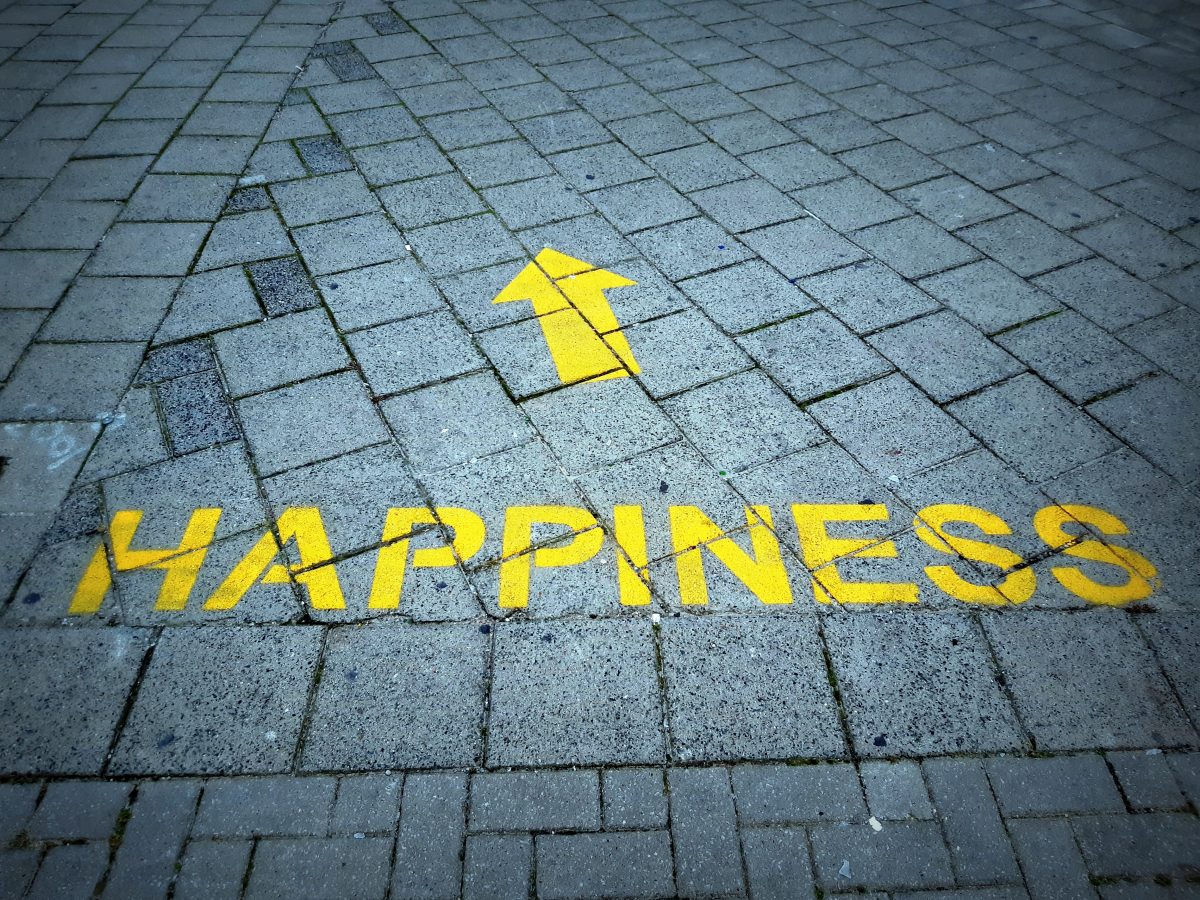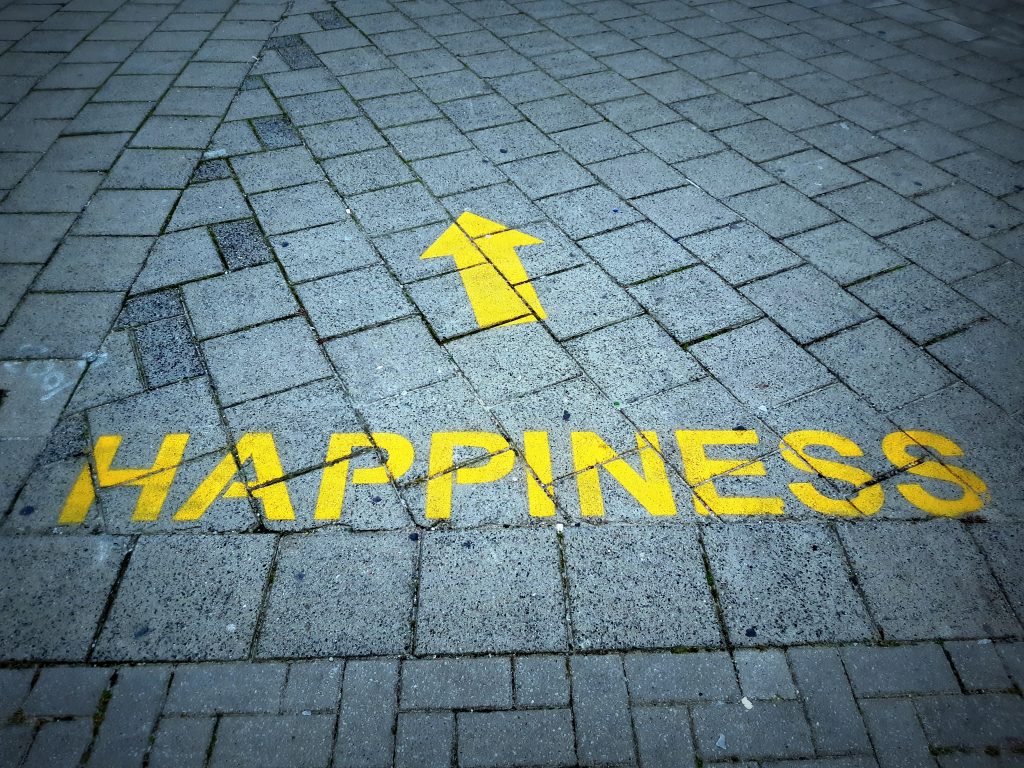Why is honesty important in addiction recovery?
Recovery from addiction starts with detox, a medically supervised process for getting the body rid of toxins. After that, recovery is a life-long process of growth, both emotional and spiritual.
An alcoholic is typically self-centred, manipulative, impatient, and grandiose (a camouflage for their low self-esteem). Addiction recovery is a gradual process of changing this personality into an honest, empathetic, loving and caring human being.
The individual has to develop a manner of rigorous honesty. They may discover that a part of them wants to be honest just enough to claim they have been there. Ongoing recovery, however, demands that the addict does more than simply visit truth and honesty as though they were part of a scenic tour.
The Twelve Steps program states that they have to grow in honesty or risk the risk of relapse. As some recovering people say, “Either grow or go.”

Honesty is the beginning of recovery. The addict is finally able to seek help. It was honesty with themselves and others that broke through their denial and allowed them to admit they were powerless over alcohol, other drugs, food, or sex and that their lives had become unmanageable.
A phrase in the Big Book of Alcoholics Anonymous says those who do not recover cannot or will not completely give themselves to this simple program, usually people who are constitutionally incapable of being honest with themselves. Honesty is indeed an ongoing process, and the alcoholics’ tendencies to be dishonest, even in little things, can be a source of discouragement.
However, suppose they remember that honesty was the key to the beginning of our recovery. In that case, we understand how important honesty is for their growth in all that recovery and life have to offer. The Twelve Step programs are designed to help the addict grasp and develop this manner of living.
Blocks to honesty
Why do alcoholics find it difficult to be honest even when they want to be? Perhaps one reason is that dishonesty had become a way of life for them when they were trapped in their addiction. Dishonesty permeated their behaviour as well as their minds and emotions.
Frequently they lived in a world of illusions that could scarcely discern the world of reality. They found themselves telling lies even when the truth was more convenient.
Alcoholics and addicts developed a lifestyle around their addictions and compulsions that demanded they be dishonest. They would lie about their whereabouts, about the money they were spending on drugs or food or gambling, and how vital drinking was to them.
They became emotionally dishonest to the point that they did not know their natural feelings because their emotions were under the sway of their addictions and compulsions.
Dishonesty had become such a way of life that it will take time and effort to change. They are sometimes tempted in recovery to think that they have gotten “totally honest.” The Twelve Step program suggests that absolute honesty is impossible. Rather, they can grow in honesty. To do this, they need to make an effort themselves, but they need to be with people who are becoming honest, too.
As they experience their honesty, whether with themselves with their sponsor, therapist, ‘Higher Power’ or related to others, they discover their capacity for honest grows and develops.
Another significant block to honest is fear. There is a risk involved in honesty, and frequently they fear the consequences and pain that it may cause. It is helpful if they can be honest about their self-centred fear and share that with others. They may help them see that the consequences of their dishonesty in a given situation are more painful and dangerous for them than being honest.
What is honesty, and how does it flourish?
One way of defining honesty is to say it is simply the lack of intent to deceive. When a person does not intend to deceive themselves and others, they are making solid progress in developing that manner of living that requires rigorous honesty. They will find the consequences of being honest are better than continuing dishonesty.
Developing honesty may at times be complicated and hard work. It may require time and trust in others to discover what honesty is for them in a given situation or at a particular time in their lives. But as they grow in honesty, they will appreciate its benefits.
Addicts need to be careful about being brutally honest. When they, or someone around them, is being brutally honest, chances are they are more brutal than honest. Honesty flourishes in an atmosphere of care. For people in recovery, honesty is nourished by their care for one another as fellow sufferers from the same disease of compulsion and obsession.
Another quality surrounding honest is patience. Many recovering persons have been dishonest for a long time, and it will take a while for them to develop an honest way of living. They tend at times to fall back into old patterns of thinking and behaving.

Their honesty and the honesty of others in a Twelve Step or a structured professional recovery program can help recognise and avoid these patterns. When they attempt to develop honesty and other qualities, they need to be aware of the principle of progress, not perfection.
Honesty is the work of a lifetime. They need to acknowledge the progress made, but at the same time, they recognise the distance from their goal. Having patience with themselves and with others can help them develop an honest quality of life.
Perhaps a story will illustrate how honesty flourishes. Michelangelo was a great sculptor. Every day a small boy would come by his studio and watch. One day after the boy had been watching Michelangelo work for months on a particular piece of marble, the child asked, “What is it that you are doing?”.
Michelangelo looked at him and said, “There is an angel in this stone, and I am trying to let him out.” His work demanded care and patience, and so does honesty. As addicts strive to become more honest, they discover that they need care and patience, too. They may not be trying to free angels from stone, but they are trying to discover and free themselves.




